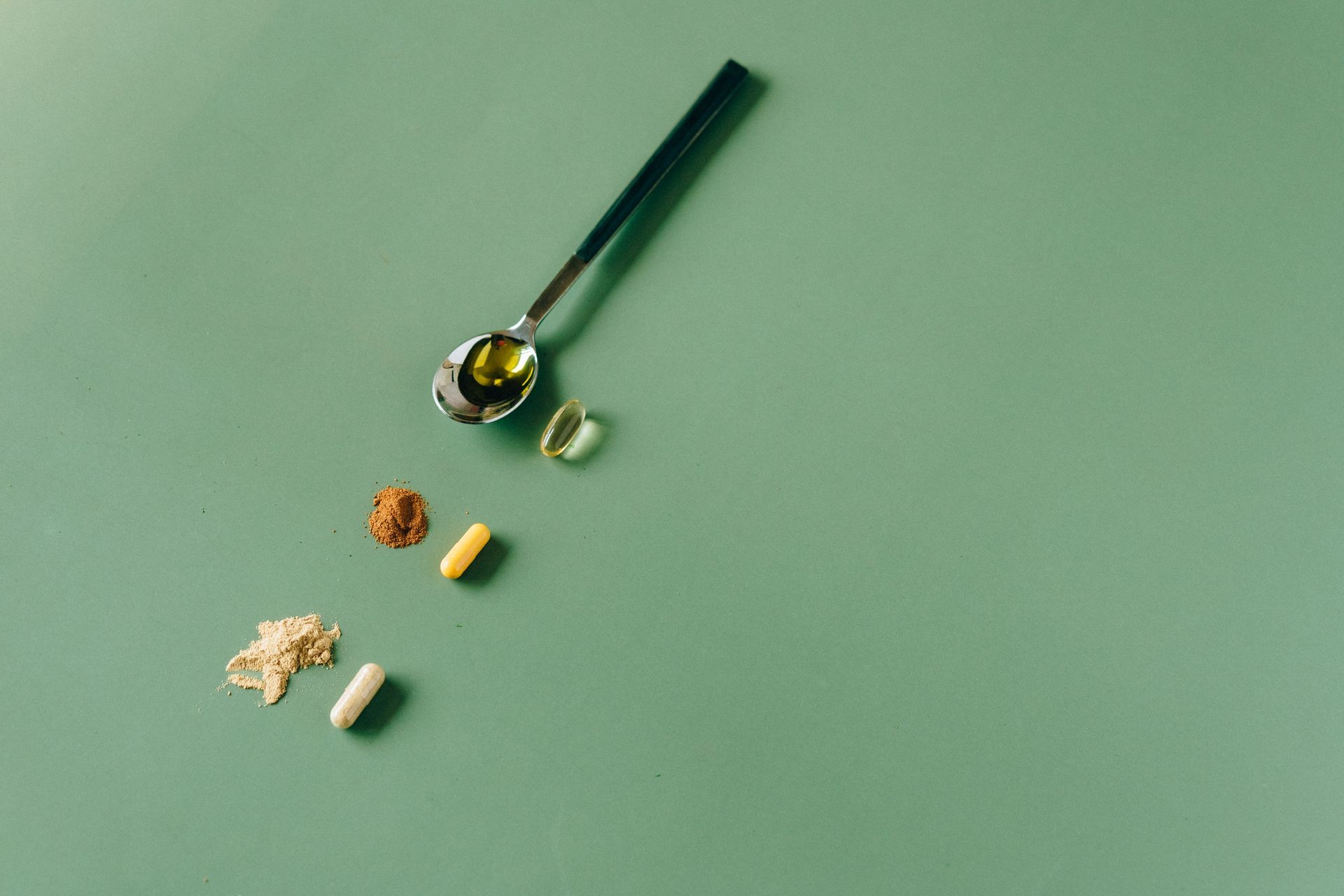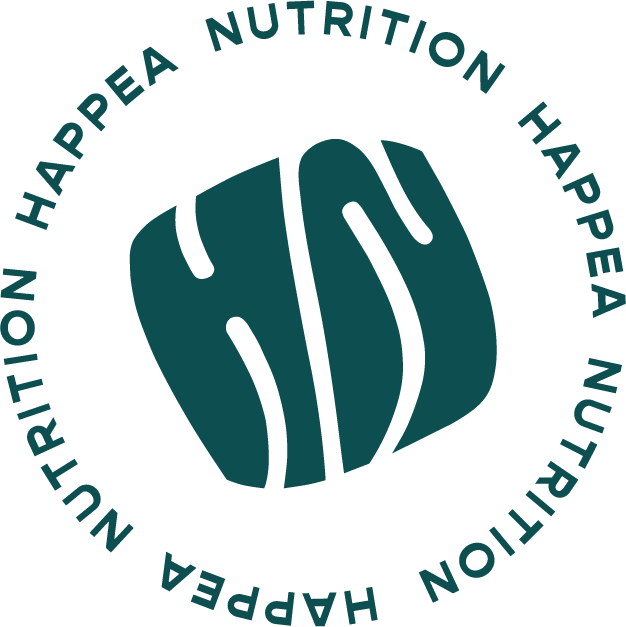Is the soil depleted of nutrients?
This is the favorite marketing line of many supplement companies and influencers who sell supplements via their "link in bio". The logic is as follows: people have more deficiencies today because our "modern" food is depleted of nutrients. This is because the soil is of very poor quality these days and no longer yields produce rich in the minerals we need. Therefore, the only way to get enough nutrients is to take supplements. But is this claim based on solid data? Or is it fabricated and based on a few cherry picked studies?
What does the science say?
As is the case with most persistent myths, it all started with some research that was taken out of context by people to push their own agenda. Many high-quality studies are being taken out of context and used to "prove" claims that the authors never made.
For example, one supplement company claims on their website that:
"A landmark 2004 study published in the Journal of the American College of Nutrition compared today’s crops to those grown in 1950. Its findings? An up to nearly 40% decline in vital nutrients—from Vitamin C to Calcium, Iron, and more—among 43 different types of produce."
But the study authors concluded that "We lack answers to important questions" and that "Currently available vegetables and fruits are still our most broadly nutrient-dense foods."
What is more, while the supplement company uses this article to prove their claim of "nutrient-depleted" soil, the authors literally found that:
"Factors other than soil mineral concentrations seem to have primary control of food mineral contents for the foods and minerals studied here"
This is a classic case of disinformation. But while they twisted the narrative, the data did show that nutrients decreased overtime. So what's the deal with that?
What did the studies really find?
Many research papers did find a decline in nutrient content of produce. But it is important to understand the context. Let's look at what the research really found and what the authors of these published articles want us to know.
Comparisons made are mostly unreliable
Many of the articles online that report lower nutrient quality of modern produce, often use sources that compared data from food composition tables published decades apart. This is a large limiting factor, acknowledged by the authors of pretty much all the research studies on this topic. That's because the methods of measurement as well as the varieties of produce grown have changed over time. Wee need to understand that many of the changes seen can be attributed to different geographic origin of produce studied, time of harvest, ripeness, different varieties of produce, as well as scientific methods used to analyze samples.
The problem with different analytical methods
The issue with using different methods to analyze samples is simply that they can differ in how well they are able to extract the nutrients in question. They could also vary in their ability to differentiate the nutrient from other substances. For example, soil contains much more iron than plants, so even small amounts of contamination with soil will significantly skew the data.
The 2004 study misquoted by the famous supplement company found that earlier "measurements of chromium in foods were often several-fold too high, because of contamination from stainless steel laboratory equipment."
The soil is not the problem
While a lot of the data did identify lower content of some nutrients over decades, all studies agreed that soil nutrient levels are not the cause for this change. One study found that mineral concentrations of soil have either increased or remained stable over the past 160+ years. The authors concluded that lower concentrations of minerals in wheat could be associated with increasing yield.
Higher yield is worth it
So if the nutrient changes observed can be attributed to a higher yield of modern crops, does that mean modern agriculture is truly as bad as people claim? Not really. Across all research papers, authors agree that this is desirable, since feeding a growing population requires more efficient crops.
As the authors of one paper put it: "The benefits of increased yield outweigh small nutrient dilution effects addressed by eating the recommended daily servings of vegetables, fruits and whole grains." What is more, modern agriculture also allows for methods that increase nutrient content where needed.
Numbers are often blown up
When you hear that copper content in food declined between 34% to 81%, you may think that's really bad. The authors of one analysis put these numbers into perspective. Turns out it is a very small absolute change. Most vegetables have 1555% natural range of variation for copper and copper content in fruit can range by 20,600%. This means that even a 81% decline makes the produce more than sufficient in copper for human health.
This is a classic case of statistical significance versus clinical significance. While a statistically significant decrease in the nutrient content is observed, this decline is not clinically significant. Across all published research, authors agree that these changes in nutrient content are very unlikely to have any true impact on the health of individuals who consume fruits and vegetables in the amounts recommended.
Plants can't grow without nutrients
No offense to anyone who fell for this but if you think about it, the claims are a little silly. You don't have to have a lot of agricultural knowledge to know that plants need nutrients to grow. How would we grow tons of produce in nutritionally depleted soils?!
Commercially grown crops can't grow without getting minerals from the soil. This is why modern agriculture uses fertilizers to ensure plants have the nutrients needed for growth. Plants also synthesize their own nutrients. Therefore, as long as you eat produce, you are getting the nutrients needed for optimal health.
So do you need supplements?
You do if you have a diagnosed nutrient deficiency, a malabsorption disease, are malnourished or at risk for malnutrition, are unable to consume sufficient amounts of food or were advised to take supplements for any other reason by your healthcare provider (note: NOT an alternative or functional provider). If you do not need supplements, they do not help prevent disease or prevent nutrient deficiencies. If you are curious why I discourage routine supplementation, check out this article I wrote about supplements and refer to the FDA guidance regarding supplements.
If you worry about nutrient content of foods, you can rest assured it is still sufficient to provide you with what you need, as long as you consume a balanced diet. The problem is that most Americans do not eat enough fruits and vegetables to meet their needs. This is not an issue we can fix with supplements, as they do not replace whole foods. We need to improve overall dietary quality by increasing awareness about the benefits of fresh produce, instead of misinforming the public for personal financial gains.
Sources
Changes in USDA Food Composition Data for 43 Garden Crops, 1950 to 1999
Evidence of decreasing mineral density in wheat grain over the last 160 years
What doctors wish patients knew about vitamins and supplements
Understanding Dietary Supplements
Adults Meeting Fruit and Vegetable Intake Recommendations — United States, 2019
Join my newsletter to get notified about new posts
Contact Us
We will get back to you as soon as possible
Please try again later
Join my newsletter to get notified about new posts
Contact Us
We will get back to you as soon as possible
Please try again later



